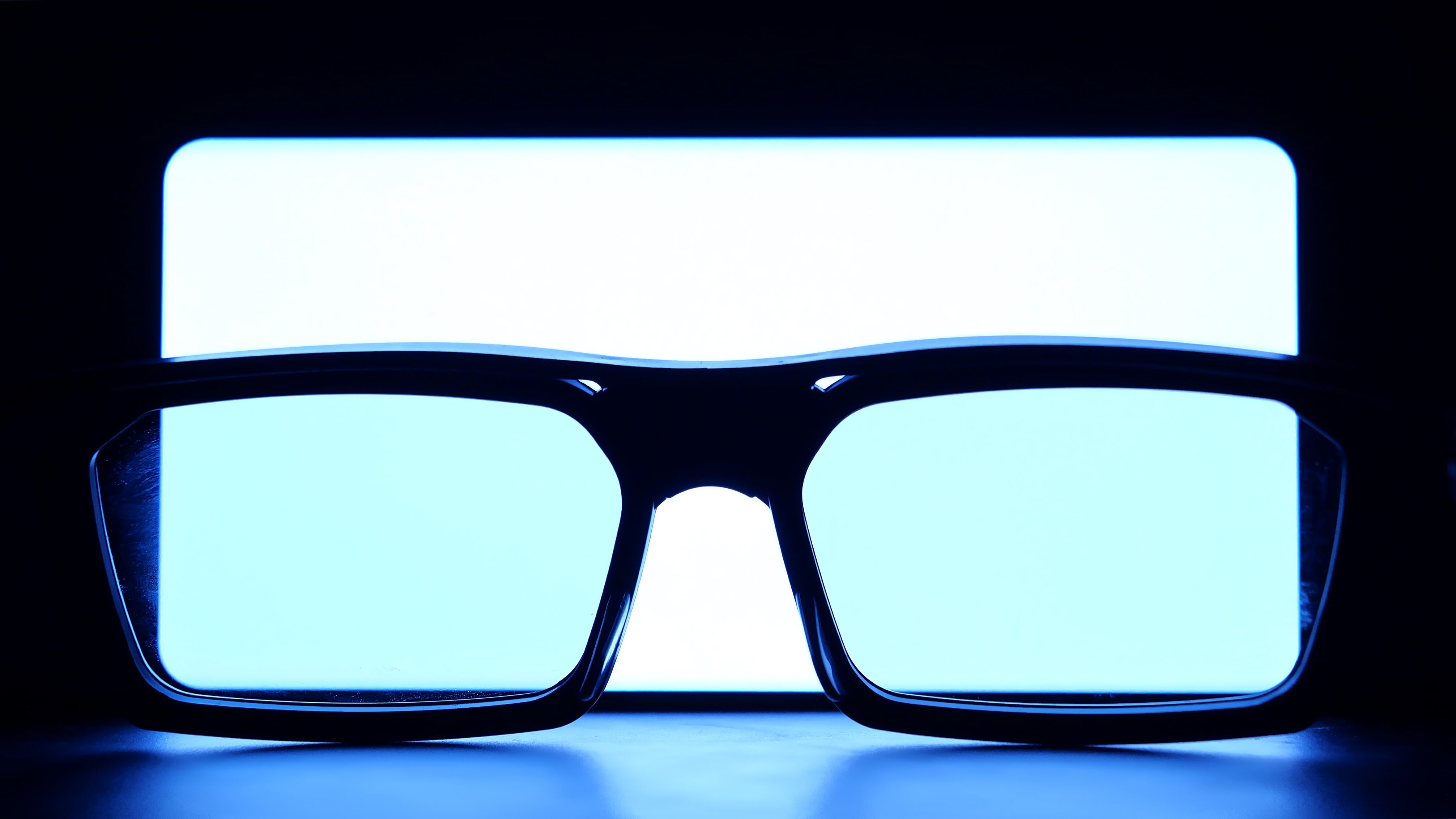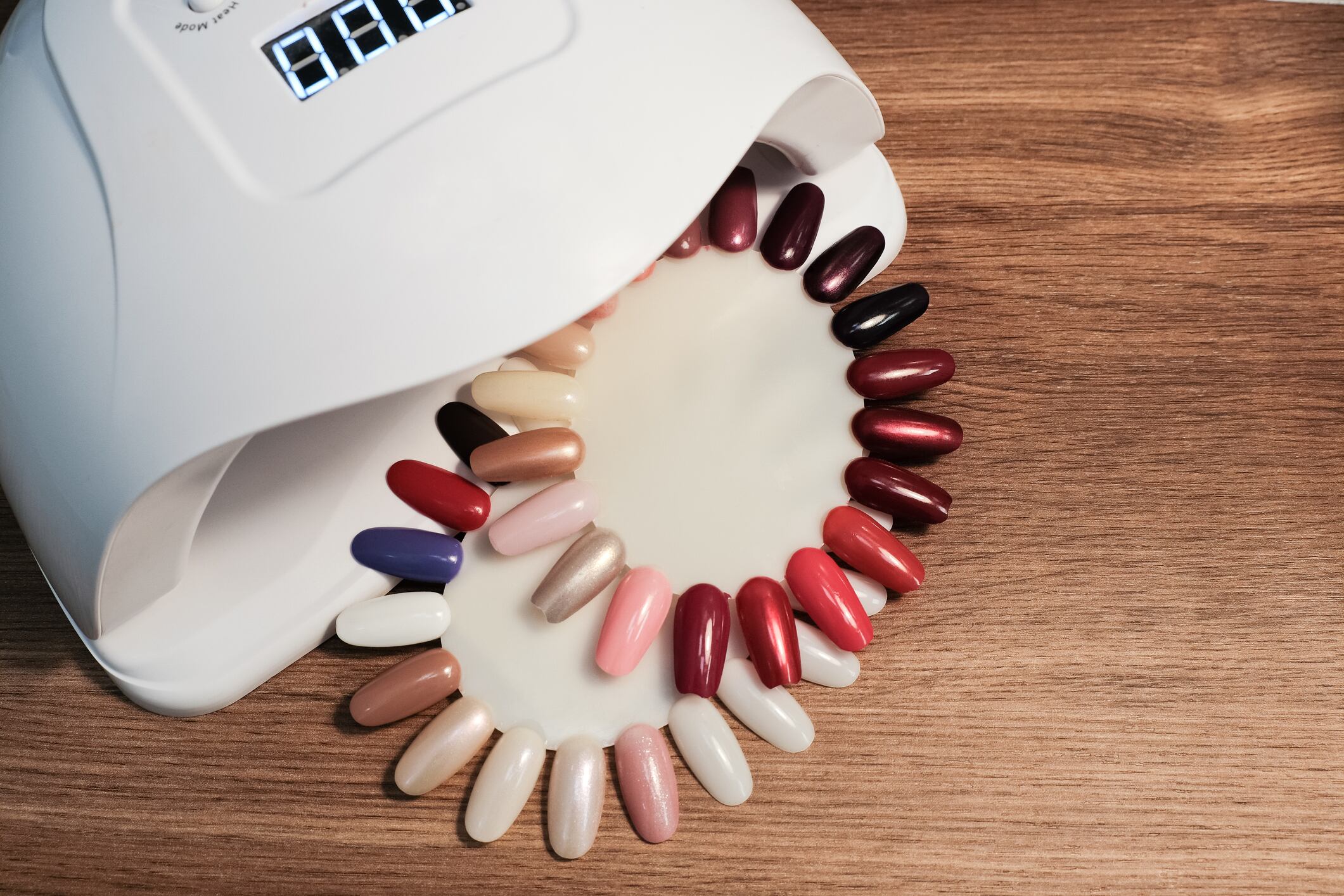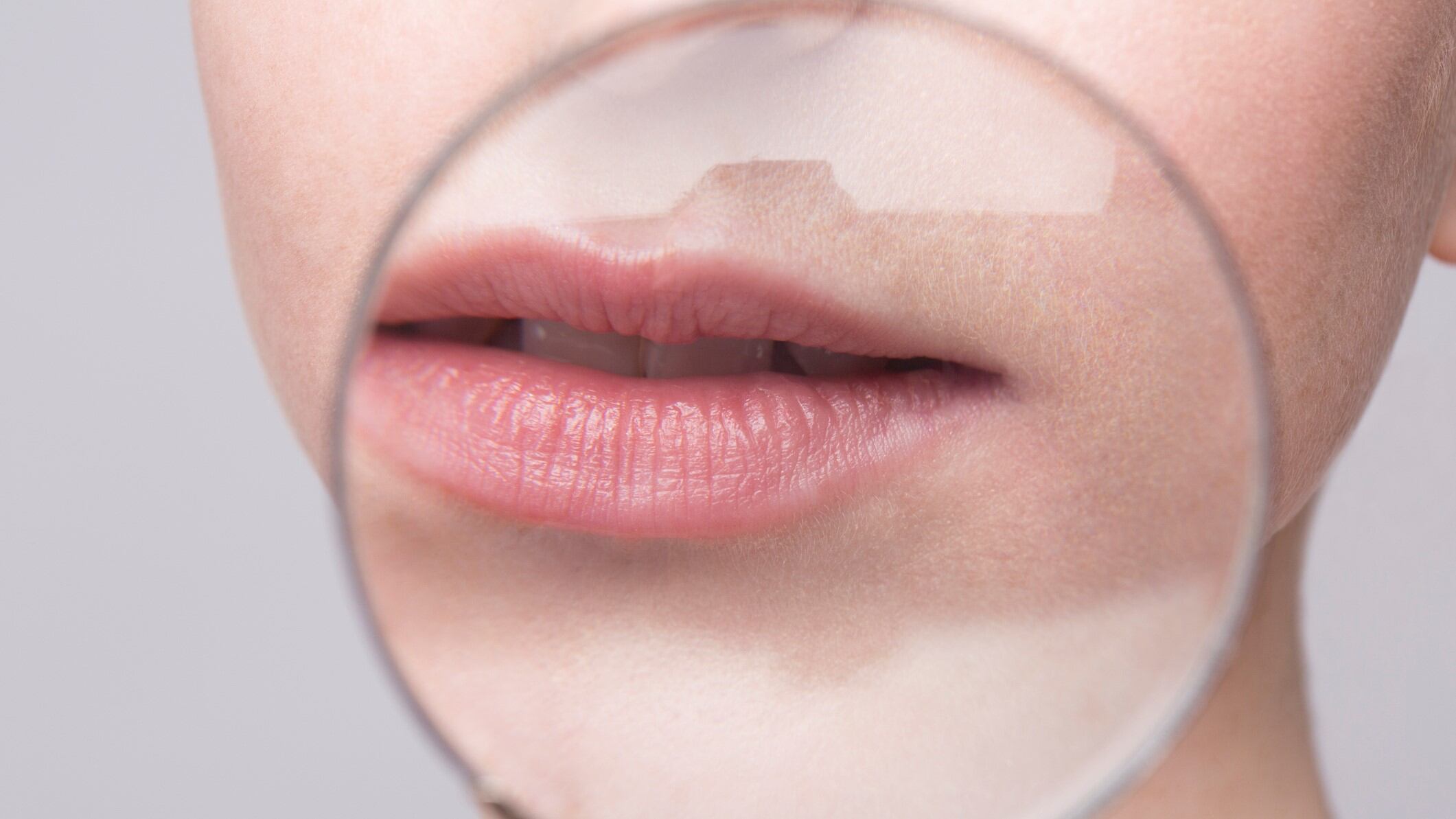Concerns about the impact of blue light exposure on the skin are well-documented in scientific literature and are an area of consideration for consumers of cosmetics and personal beauty care products. Last year, CosmeticsDesign released an article highlighting the results of a J&J study that explored the known effects of consistent blue light exposure on the skin and emphasized the need for improved methodology for further research.
In January of this year, the Journal of Cosmetic Dermatology published a review of “The Impact of Blue Light and Digital Screens on the Skin,” which aggregated the results of several studies on blue light exposure. It concluded that there is strong evidence “being exposed to blue light accelerates the aging process and produces cutaneous hyperpigmentation,” which “may eventually cause more general skin damage and may hasten the aging process.”
Some cosmetics and personal beauty care companies have already formulated and released products to protect skin from blue light exposure, like Kadalys Anti-Blue Light Shield Cream or Best Face Forward’s Probiotic + Blue Light Protection Cream. However, for manufacturers and companies formulating new products to address this skin issue, there has been a consistent need for better testing methods to establish efficacy.
To better meet this consumer need, companies can now turn to Genemarkers, LLC, a Michigan-based company specializing in clinical and research testing methods for pharmaceutical and consumer product development. Earlier this year, the company announced the publication of the paper “Reproducible method for assessing the effects of blue light using in vitro human skin tissues” in the International Journal of Cosmetic Science, which details the development of a new testing method for the efficacy of blue light blocking topical products.
The method has successfully been adapted into a new blue light testing service which includes “a gene expression panel containing 52 genes specifically impacted by blue light; the genes regulate biological pathways such as oxidative stress, inflammation, and skin aging”, according to their recent press release, and the service enables cosmetics and personal care product manufacturers to better determine how well their formulations both protect against and potentially repair blue light damage to the skin as a result of repeated blue light exposure.
To learn more about the technology’s development, the launch process and its potential impact on the cosmetic and personal beauty care product industries, CosmeticsDesign spoke with Rishabh Kala, Director of Research Services at Genemarkers, LLC.
Explaining the technology
The study began after years of repeated client requests for blue light testing services and researchers “discovered that there were no blue light devices that could be used in an incubator for cell/tissue-based research,” said Kala. To jumpstart the development process, Genemarkers, LCC researchers collaborated with a specialist to design a blue light box/chamber for testing.
“The blue light box was created to mimic the effects of a true environmental exposure – a total of 30J/ cm2 was exposed in a period of 5 days”, explained Kala. Using the chamber, researchers conducted “a series of experiments to optimize the length of exposure and specific biomarkers to further develop this new testing service.”
To determine their results, Kala further explained, researchers “screened approximately 300 gene expression biomarkers and found that 54 were consistently regulated in in-vitro skin tissues exposed to blue light and now our blue light testing panel consists of 54 of those genes.”
From these determinations, researchers concluded that “exposure to blue light increased the expression of genes that regulate inflammation and oxidative stress and decreased the expression of genes maintaining the skin barrier and tissue integrity, and significantly increased biomarkers associated with aging and tissue damage” as relayed in a recent press release. For manufacturers and suppliers to the cosmetics and personal beauty care industries, these results are invaluable to informing future formulation decisions.
Applications for use
The newly available testing technology is the first time a method has been developed that “mimics everyday exposure to blue light and can be used to investigate the mechanism of action of a raw material that will be used in a cosmetic finished formulation and the specific dose that is most effective,” said Kala. This fully validated method allows “formulators and raw materials suppliers to know more about the efficacy of their products and use levels and will also help them streamline their clinical studies,” Kala further explained.
Many cosmetics and personal beauty care product manufacturers and suppliers already use in vitro testing methods to streamline clinical trials, and the newly developed blue light testing technology will allow companies to isolate specific testing parameters better and “will increase their chances of reaching statical significance in the clinical trial,” Kala stated.
Testing can also serve as a measure of “cost savings and marketability, rather than actual expense. For all study designs, the cost is similar to a gene expression study with UV exposure”, and the assurance of product and/or ingredient efficacy against blue light exposure is undoubtedly worth the investment in test results.
Much more research is needed to fully understand the mode of action behind chronic blue light exposure and cellular oxidation resulting in signs of aging. Still, the advent of technological developments like Genemarkers, LLC’s blue light testing methods can afford cosmetics and personal beauty care companies the opportunity to formulate more effective products to meet consumer needs. The blue light testing method is already available, and concluded Kala, “the cosmetic industry can continue to test products to ensure they meet consumer needs against exposure to blue light.”





